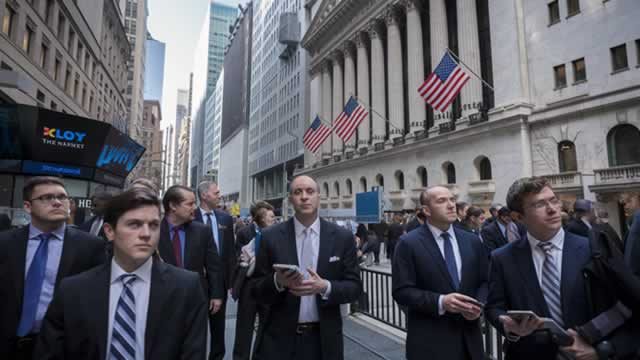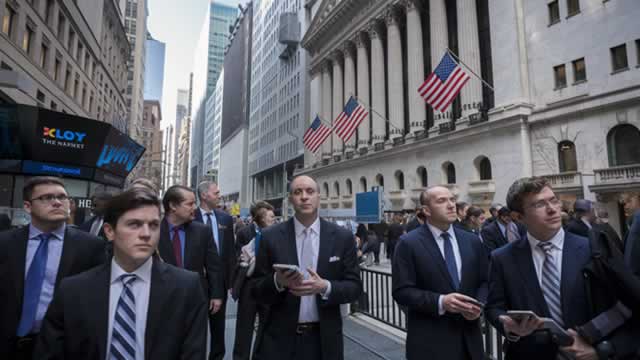JPMorgan Chase CEO’s Warning of an Upcoming Recession: A Closer Look
In a recent letter to shareholders, JPMorgan Chase & Co. CEO, Jamie Dimon, expressed his concerns about the potential economic consequences of the ongoing trade tensions between the United States and various global powers. Dimon stated that a recession is a “likely outcome” of the Trump administration’s tariffs.
The Impact on the US Economy
According to Dimon, the US economy is currently in a “late-cycle expansion,” meaning that it is nearing the end of its growth phase. The tariffs, he argues, could tip the economy into a recession by disrupting global supply chains, increasing prices for American consumers, and reducing corporate profits.
Moreover, the uncertainty surrounding the trade disputes could lead businesses to delay investments and hiring decisions, further dampening economic growth. Dimon also warned of the potential for a currency war, which could destabilize financial markets and add to the economic uncertainty.
The Global Impact
The trade tensions are not just affecting the US economy but are also having a ripple effect on the global economy. Many countries, including China, Europe, and Canada, have retaliated with their own tariffs, leading to a potential trade war. This could result in a slowdown in global economic growth, with emerging markets being particularly vulnerable.
Furthermore, the tariffs could lead to higher prices for consumers around the world, as companies pass on the additional costs to their customers. This could reduce purchasing power and lead to a decrease in demand for goods and services, further exacerbating the economic slowdown.
Personal Implications
For individuals, a recession could mean job losses, reduced wages, and a decrease in the value of their savings and investments. It could also lead to higher prices for everyday goods and services, making it more challenging to manage household budgets.
Conclusion
JPMorgan Chase CEO Jamie Dimon’s warning of an upcoming recession highlights the potential economic consequences of the ongoing trade tensions between the US and other countries. The tariffs could disrupt global supply chains, increase prices for consumers, and reduce corporate profits, potentially tipping the economy into a recession. The uncertainty surrounding the trade disputes could also lead businesses to delay investments and hiring decisions, further dampening economic growth. The ripple effect on the global economy could result in a slowdown in global economic growth, with emerging markets being particularly vulnerable. Individuals could be impacted by job losses, reduced wages, and higher prices for everyday goods and services. It is essential to stay informed about the economic situation and take steps to protect yourself and your financial well-being.





